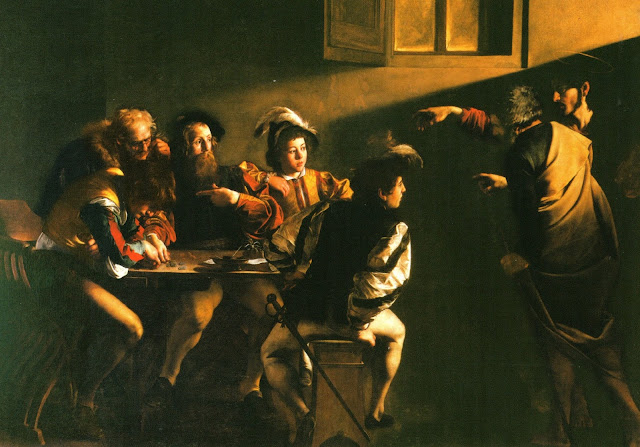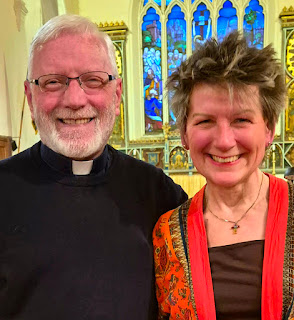KNOWN UNTO GOD: Remembrance

It’s the summer of ’78 when ‘Saturday Night Fever’ is in full flight and I’m a student working in Germany for the holidays.
That same summer I went to visit the Rheinberg War Cemetery, the resting place of more than three thousand victims of World War II. I was struck by the silent stillness, the sheer beauty and peace of it and I pondered the contrasting uproar, the unspeakable suffering that gave birth to this place.
War is an awful reality that I cannot understand but I find in myself a great respect for every single person who has served in war in any capacity; the selfless generosity and courage is deserving of my honour and admiration.
And the peaceful silence that rests over such cemeteries seems to me to speak of promise – God’s promise of a lasting peace that is eternal, a peace that only Christ can give, a peace that will perhaps elude us as long as we live on earth, a peace that will find its fulfilment in heaven. Such a promise in no way is a justification for war but God has a way of turning all things to good.
Most of the headstones in Rheinberg bear the name of the one buried but there are 158 that bear no name and at the bottom of the headstone is written “Known Unto God” – this more than anything impresses itself on my heart and mind.
Their sleeping place on earth
Is still and sad
Their silenced cry
Who stand in line
Unarmed
Where they had fallen
Armed
Some named
And others known
To God alone
There is beauty
In their resting
A beauty born of war
But WHY the war?
(Thurles 1978)
That same summer I went to visit the Rheinberg War Cemetery, the resting place of more than three thousand victims of World War II. I was struck by the silent stillness, the sheer beauty and peace of it and I pondered the contrasting uproar, the unspeakable suffering that gave birth to this place.
War is an awful reality that I cannot understand but I find in myself a great respect for every single person who has served in war in any capacity; the selfless generosity and courage is deserving of my honour and admiration.
And the peaceful silence that rests over such cemeteries seems to me to speak of promise – God’s promise of a lasting peace that is eternal, a peace that only Christ can give, a peace that will perhaps elude us as long as we live on earth, a peace that will find its fulfilment in heaven. Such a promise in no way is a justification for war but God has a way of turning all things to good.
Most of the headstones in Rheinberg bear the name of the one buried but there are 158 that bear no name and at the bottom of the headstone is written “Known Unto God” – this more than anything impresses itself on my heart and mind.
Their sleeping place on earth
Is still and sad
Their silenced cry
Who stand in line
Unarmed
Where they had fallen
Armed
Some named
And others known
To God alone
There is beauty
In their resting
A beauty born of war
But WHY the war?
(Thurles 1978)



.jpg)


.jpg)



Comments
Post a Comment